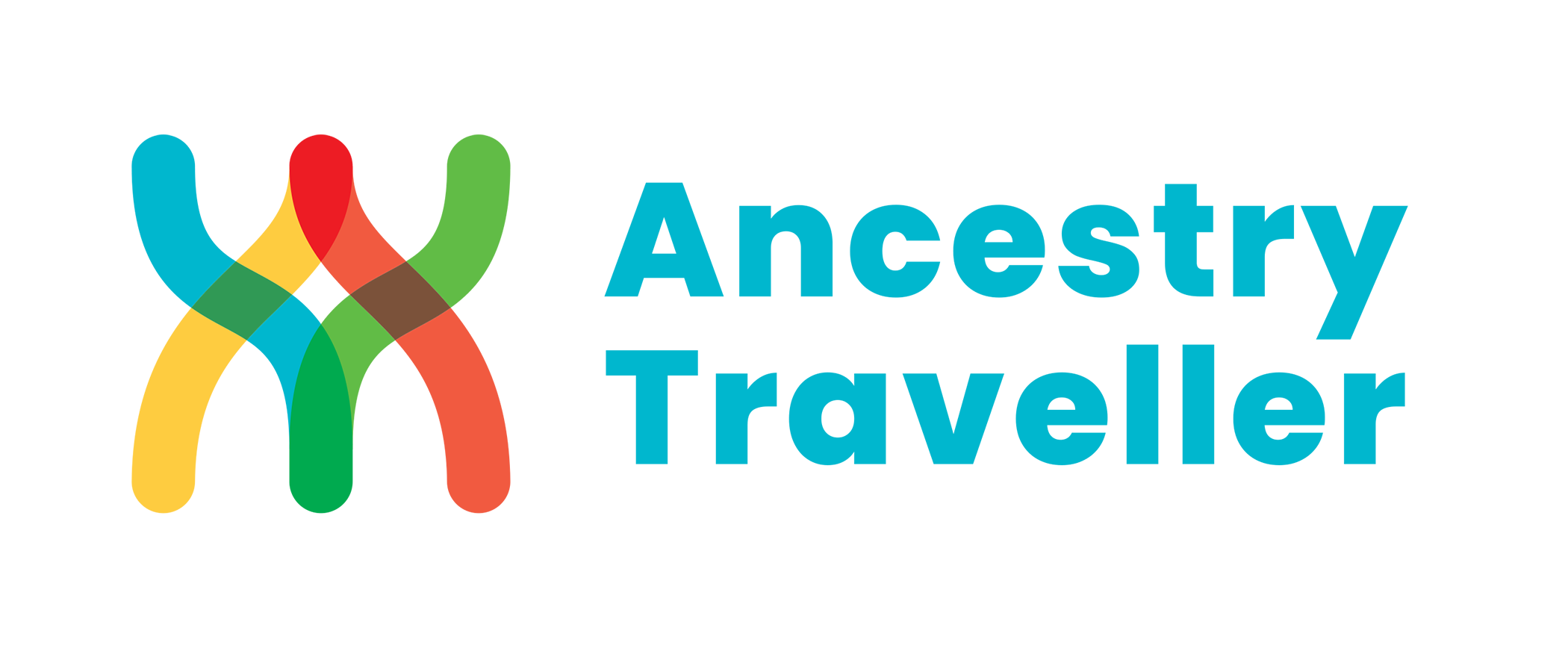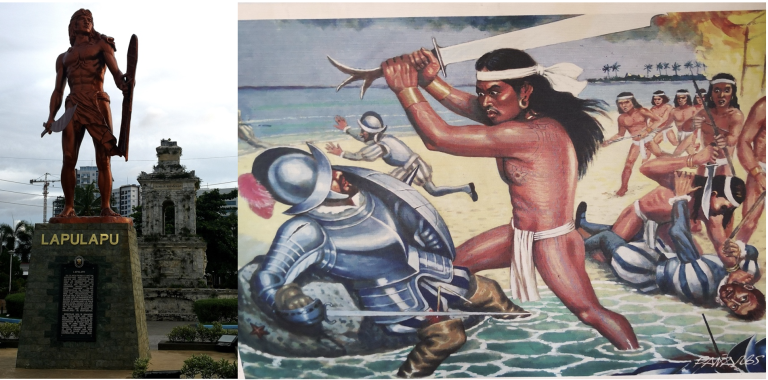Joana Barbosa Pereira, Human population researcher
Institute for Research and Innovation in Health (i3S)
Human population genetics seeks to learn about modern humans’ genetic diversity and molecular evolution. The first step of any study is a good sampling to get the accurate landscape of the population. Within the project of Magalhães’ voyage, this was a real challenge for the team in light of the pandemic.
Genetic variation is the basis of evolution and understanding it allows us to comprehend how populations differ and what their evolutionary background is. The collection of phenotypic and genotypic data from the populations connected by the circumnavigation voyage of Fernão de Magalhães involves the collection of samples across four continents – Europe, South America, Southeast Asia, and Africa. The original plan foresaw the collection of samples in several regions namely in the Mediterranean Basin – Portugal, Spain, France, and Italy – representative of the original crew of the four ships that were part of the endeavour, Brazil, Patagonia (Chile or Argentina), Marianas (Guam), Philippines, Brunei, Moluccas, East Timor, and Cape Verde through our well-established international network of anthropologists-geneticists. What already implied complicated logistics, was further complicated by the emergence of the COVID-19 pandemic. What initially represented a unique opportunity to travel and contact with different cultures spread over four continents in order to collect the data for the project, suffered a great setback and the team soon realised that this was not an option anymore. After great consideration, it was decided that the most suitable option was to start collecting the samples at i3S, in Portugal, whenever the pandemic restrictions allowed, and then, after all the methodology is optimised, pass the acquired knowledge to partners with established teams in the other countries. Before going to the field, it is very important to handle the equipment with ease and keep a list of every material needed to be sure nothing important is missing. If things are not thoroughly noted, a missing pen or backup batteries are enough to let a whole day’s work fall to the ground.
The first step was to appeal to individuals from Brazil, Cape Verde, East Timor, Indonesia, and the Philippines who are part of the academic community of the University of Porto, in which we are inserted, to participate in our study. The response exceeded our expectations and we were contacted by more than 150 volunteers, mainly from Brazil (134 individuals), followed in much smaller numbers by Cape Verde, East Timor, and Indonesia. What we asked the volunteers for was a saliva sample, a few strands of hair, a few drops of blood (taken through a slight finger prick), and some anthropometric measures (e.g. height, weight). We also requested them to fill out a questionnaire with sociodemographic, lifestyle, and health data (e.g. glucose levels, cholesterol, and blood pressure). Altogether, well-planned sampling is rewarding and can even be a lot of fun. Contact with all the participants with different cultural backgrounds never fails to bring some element of surprise and to be a unique experience. Unexpected opportunities may also arise, such as collaborating with some of the Timorese participants who enjoyed the experience so much that they made themselves available to serve as interpreters for scheduled collections in Indonesian fishing communities living in Portugal.
As a way of compensating everyone for their participation, each participant was provided with an ancestry report based on individual genetic results. The information sessions, which took place via Zoom, were very rewarding for everyone both for the results themselves (which always generate some excitement and surprise), as for the exchange of questions and ideas. This opportunity eventually led to the volunteers disclosing the project, bringing new individuals to participate.
The sampling at our institute was an excellent kick-off to the endeavour of constituting the necessary sampling for our project. With the experience we have gained, we have already passed on the experience to our collaborators in the Philippines who will start sampling about 200 individuals very soon on the beautiful island of Cebu.


